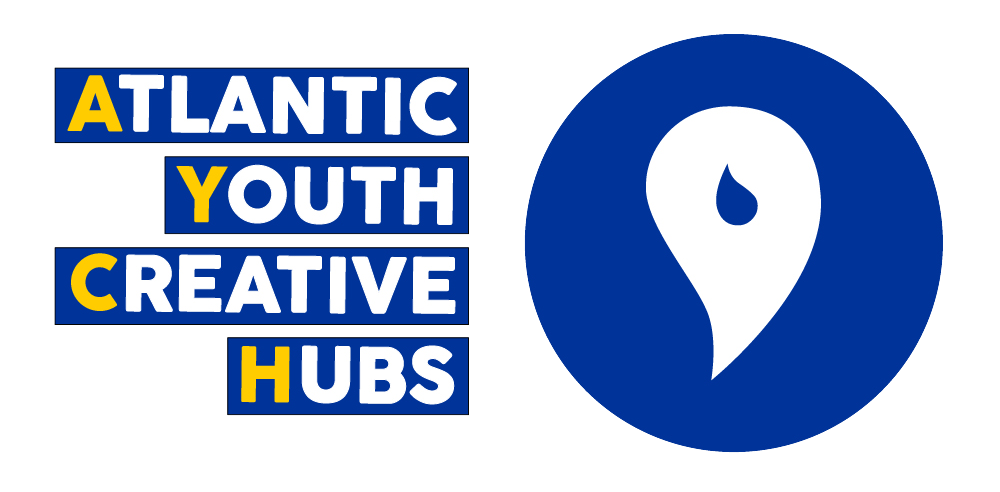Différences
Ci-dessous, les différences entre deux révisions de la page.
| Les deux révisions précédentes Révision précédente Prochaine révision | Révision précédente Prochaine révision Les deux révisions suivantes | ||
|
en:aiajune2019 [2019/06/18 14:26] hilda [Tools] |
en:aiajune2019 [2019/06/25 09:32] hilda [Prototyping] |
||
|---|---|---|---|
| Ligne 17: | Ligne 17: | ||
| ===== Process ===== | ===== Process ===== | ||
| - | 1. Presentation of AYCH project & the aims of the workshop | + | Duration of the workshop: One day from 10 am to 5 pm. |
| - | 2. Presentation of the workshop's themes and the work in progress by AIA Research & Development group | + | * 1. Presentation of AYCH project & the aims of the workshop |
| + | * 2. Presentation of the workshop's themes and the work in progress by AIA Research & Development group | ||
| + | * 3. Teams formation: 4 of 2 AIA members & 2 Students | ||
| + | * 4. Idea Wall | ||
| + | * 5. User scénario | ||
| + | * 6. Quick prototyping round I | ||
| + | * 7. Quick prototyping round II | ||
| + | * 8. Test by students | ||
| + | * 9. Feedback & Conclusions | ||
| - | 3. Teams formation: 4 of 2 AIA members & 2 Students | + | ===== Tools ===== |
| - | 4. Idea Wall | ||
| - | 5. User scénario | + | ====Idea Wall==== |
| - | 6. Quick prototyping round I | + | The Idea Wall is a powerful exercise that allows groups to easily share, visualise and make sense of different issues and ideas around a particular subject. It is a very flexible tool that can be adapted depending on the subject, the participants and the kind of project they are working on. For more details on how it works[[en:ideawall | idea wall (english)]] |
| - | 7. Quick prototyping round II | + | On this occasion, each team built an Idea Wall where they collected a series of main values and ideas associated with their particular working theme, many of these ideas and values were represented by images. The idea wall evolved and got richer as the team's work progressed during the day. After some exchanges, each group had to agree on one particular idea or concept they would have to develop next. |
| + | ====User scenario==== | ||
| - | 8. Test by students | + | Once each group chose the idea or concept they wanted to develop, each group had to produce a user scenario. This tool challenges the participants to think about how a potential user would interact with their idea or concept. It focuses the exchanges among the participants around the user's experiences and needs regarding their concept. For more information on [[en:userscenario|User Scenario]] |
| - | 9. Feedback & Conclusions | + | ====Prototyping==== |
| - | ===== Tools ===== | + | |
| - | ======Idea Wall====== | + | === Getting ready === |
| + | After developing a user scenario, each group had to agree on what element of their idea or concept they would prototype keeping in mind that the prototype would be tested later on by real students. | ||
| + | Some questions to facilitate the task: | ||
| + | * What aspect or dimension of your concept would you like to prototype? | ||
| + | * Is there something in your user scenario you would like to test through prototyping? | ||
| + | * Is there something in your concept you are not sure about and you would like to better understand? | ||
| + | * What would be the best way to prototype your choice? The participants used the guide How to choose your prototype | ||
| + | === Prototyping, quick & dirty === | ||
| - | ======Prototyping===== | + | With the resources available, the participants had 1h30 minutes to do a usage prototype [[en:prototyping|4. Prototyping]] of an aspect of their idea. The "final" prototype was to be tested by real students. |
| ===== Creative results ===== | ===== Creative results ===== | ||
| - | ==== Workshop outputs ==== | + | ==== Methodological insights ==== |
| + | |||
| + | The Idea Wall allowed the participants to understand each other's vision on the subject, | ||
| - | ==== Issues and challenges ==== | + | ==== Links ==== |
| + | https://www.aialifedesigners.fr/home-uk/ | ||



